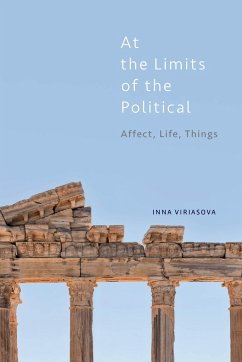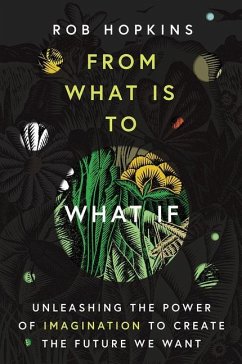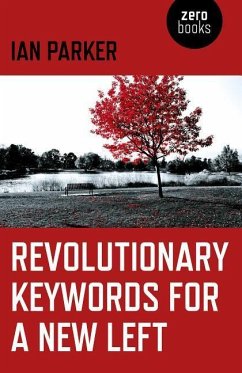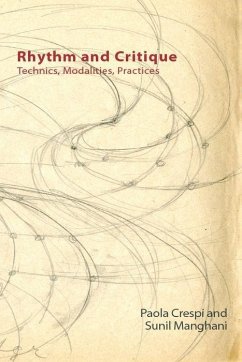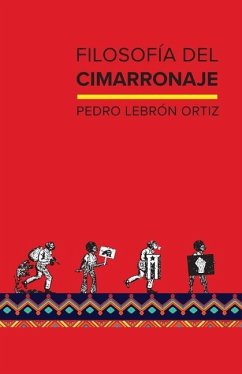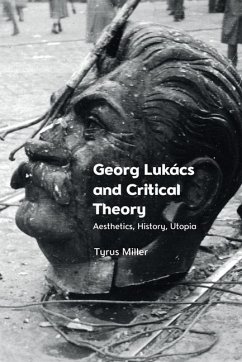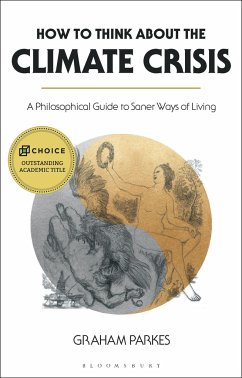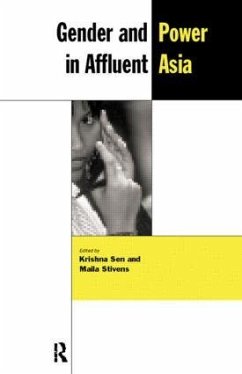
Engender Ecosocialism!
Versandkostenfrei!
Erscheint vorauss. 18. März 2027
27,99 €
inkl. MwSt.
Weitere Ausgaben:
This second volume in Ariel Salleh's Androscene trilogy brings women's labours in from the margins of ecosocialist thinking. With patriarchal capitalist coloniality the main driving force behind our planet's degradation, recognising the racialized and gendered 'meta-industrial labour class' is a vital strategic priority if ecofeminist thinking is to offer a vision of a more sustainable future. If we focus on production purely in terms of growth, we miss what Salleh calls the 'metabolic value' of living processes and with it the opportunity for political ecology to encompass life in all of its ...
This second volume in Ariel Salleh's Androscene trilogy brings women's labours in from the margins of ecosocialist thinking. With patriarchal capitalist coloniality the main driving force behind our planet's degradation, recognising the racialized and gendered 'meta-industrial labour class' is a vital strategic priority if ecofeminist thinking is to offer a vision of a more sustainable future. If we focus on production purely in terms of growth, we miss what Salleh calls the 'metabolic value' of living processes and with it the opportunity for political ecology to encompass life in all of its dimensions - biological, libidinal, ego-driven, moral and political. Cutting across existing Marxist ideas, EnGender EcoSocialism! is an ecofeminist conceptualisation of women's reproductive labour. The ecological challenges that face us demand that we break down the barriers between human and nature that have stood in our consciousness for millennia. This is a call to lay the ground for that breakthrough by healing the 'libidinal rift' caused when we ignore the value of unseen labour in our ecological processes. As it stands, this labour is captured by global capitalism and in turn subsidises it for free by regenerating its living resource base: the earth's population. With this book, Salleh illustrates the limits of mending the damage caused by industry and urbanisation without further understanding the immense importance of a combined ecosocialist, ecofeminist approach.




